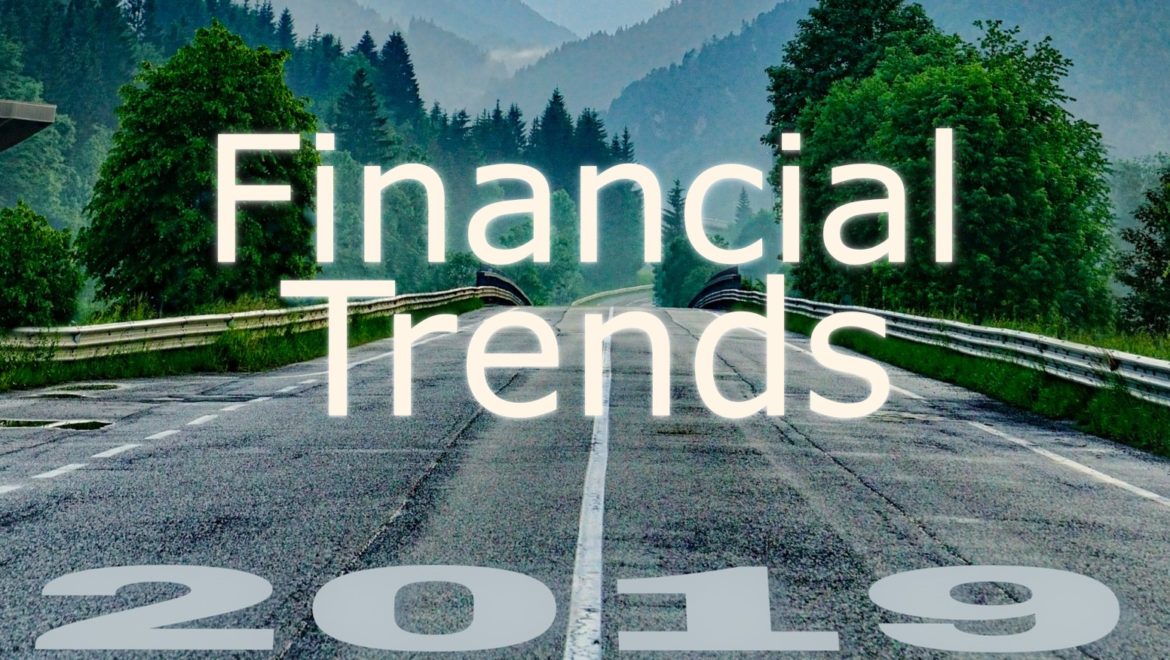While the economy appears to be in good shape, our firm has noticed some disturbing financial trends that are similar in nature to those trends that led to the last recession. While mortgage lending is much more conservative than it was in the early 2000’s, other areas of credit use are exhibiting similar patterns to those witnessed in the run-up to the recession.
- An increasing amount of auto loans extend beyond the 60 month period which used to be the industry standard. Now, 72 month, and even 84 month loans are becoming more common. Unfortunately, loans with such extended terms make it very difficult, if not impossible, to trade in the vehicle during the majority of the loan period, given that the borrower will carry a lot of negative equity into a subsequent purchase. Additionally, these borrowers will run into a situation where the warranty on the vehicle expires well before the loan is paid off, and the owner may be unable to pay for significant repairs.
- Household credit card debt is increasing, and delinquencies on those credit cards are also increasing. We have also noticed that households are carrying more credit cards, as many retailers offer incentives on store purchases made on their cards. More cards means more monthly payments, and consumers may be spending more on multiple cards than they would on one or two cards. A default on just one card could lead to a cascade effect which causes defaults on other credit cards or household debts.
- Many household items that were usually being paid for in cash, or on a general-purpose credit card, are now being financed. Debts for furniture, appliances, and electronics are increasingly being added to household budgets.
- Consumers who are carrying a large amount of credit cards are increasingly resorting to high-interest Internet loans to consolidate their credit card debt. However, these lenders insist on drafting the monthly payment out of the consumer’s bank account, which can lead to insufficient funds, and overdraft fees, if there is any decrease or interruption in income. And if the consumer continues to use the credit cards after they were paid off in the consolidation, they will wind up in a worse financial situation.
- The ongoing government shutdown is not only affecting the employees who have been temporarily furloughed, but can also have a ripple effect on other industries that rely on federal government business. Even when the shutdown ends, and the furloughed federal employees returned to work, the private industries who relied on federal income may be unable to recover.
- Student loan debt is increasing in frequency among distressed consumers, and the number of student loans which are being paid according to their loan terms are decreasing. Many of these loans are in deferment, forbearance or an income based repayment plan in which the borrower is paying far less than the contract monthly payment.
Hopefully, we are not headed towards another recession. But it is always mindful to remember that those who ignore history are doomed to repeat it.


